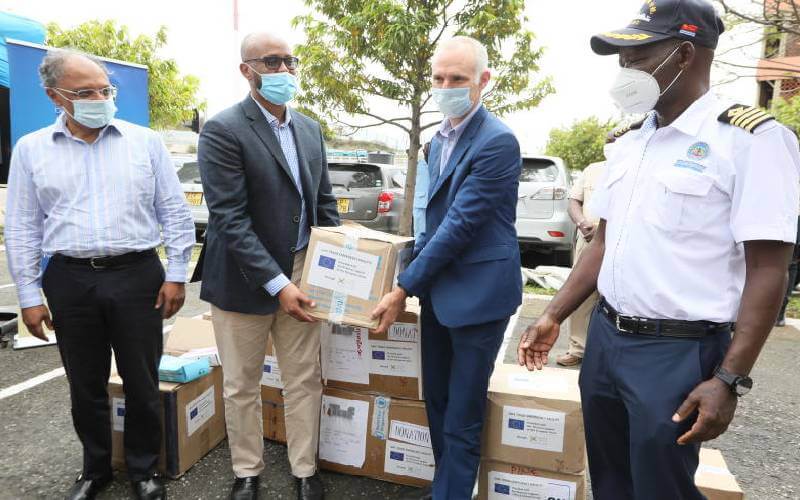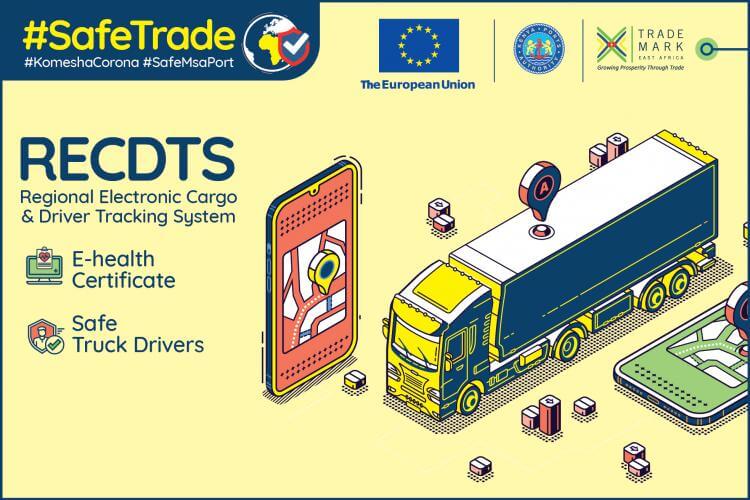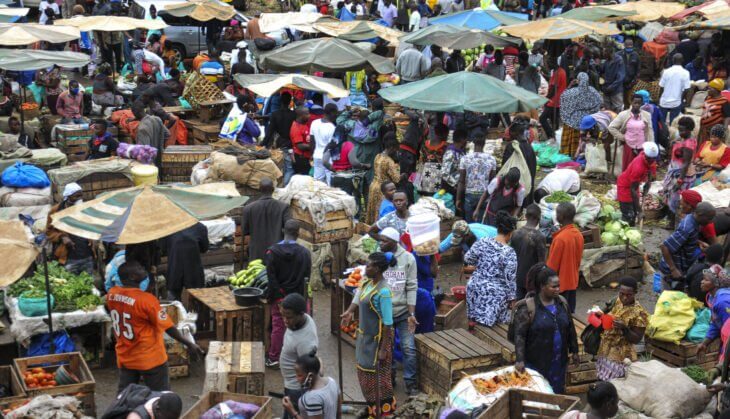A new information note published by the WTO Secretariat highlights how trade in goods and services has been affected by temporary border closures and travel restrictions linked to the COVID-19 pandemic. It describes how the cross-border mobility of individuals plays an important role in both the cross-border provision and consumption of services and in manufacturing value chains. The paper notes that sweeping travel barriers introduced in the early stages of the pandemic have given way to more fine-tuned policies aimed at allowing through “essential” foreign workers, or creating quarantine-free “travel bubbles” among partners. Nevertheless, mobility barriers have had a particularly heavy impact on tourism and education services, as well as on trade in goods, due to their effect on transport services and on information and transaction costs. The paper notes that international cooperation has a potentially important role to play in minimizing the economic impact of mobility restrictions. For instance, exchanging information on lessons learnt about mobility restrictions and trade could help WTO members foster greater resilience in the face of future crises. Such an exercise could help with identifying options to implement travel measures that meet public health protection objectives while minimizing the negative effects on trade. Key points International trade and investment have always relied on the cross-border mobility of individuals. To contain the spread of COVID-19, many WTO members imposed temporary border closures and travel restrictions. The severe restrictions on cross-border movement are not motivated by trade considerations but by public health reasons. Nevertheless, they have had...
WTO issues new report on how COVID-19-related restrictions on cross-border mobility are affecting global trade
Posted on: August 31, 2020
Posted on: August 31, 2020
























